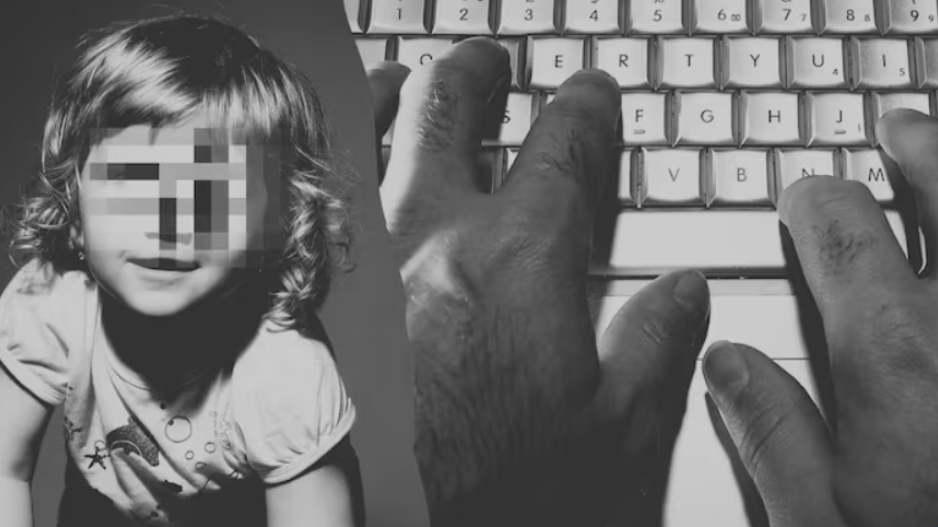Cyprus Becomes First EU Country to Criminalize AI-Generated Child Sexual Abuse Material
New Legislation Expands Legal Definition of Child Pornography and Introduces Strict Penalties for AI-Driven Exploitation
On Thursday, the Plenary of the Cypriot Parliament unanimously approved a legislative proposal submitted by AKEL MP Christos Christofides, aimed at expanding legal protections against child sexual abuse material produced using artificial intelligence (AI).
The approved amendment revises the Law on the Prevention and Combating of Sexual Abuse, Sexual Exploitation of Children, and Child Pornography to include content created with new technological tools. It also broadens the legal definition of “child pornography” to encompass all material intended to provide advice, guidance, or instructions on committing offenses covered under the existing law.
Under the new legal framework, the production, advertisement, and other related acts involving AI-generated child sexual abuse material are classified as distinct criminal offenses, punishable by up to fifteen years in prison.
Christofides explained that such material is often created using real images of sexually abused children and other online images of minors, used to "train" AI programs. This, he said, underscores the deeply troubling nature of the phenomenon.
Presenting the bill, Christofides stated that Cyprus is taking a decisive step by criminalizing a rapidly growing global threat. The legislation, he said, equips law enforcement with legal tools to combat the production of AI-generated child sexual abuse material.
Christofides noted that Cyprus is the first EU member state to legislate on this issue, even as related regulation is still under development at the European level. Globally, only South Korea, Canada, and 20 U.S. states have enacted similar laws. In the UK, a similar public debate only began this past February.
He further warned that the availability of such material online fuels deviant behavior among potential offenders, normalizes the idea of child abuse, and could drive individuals toward committing actual crimes. "A digital space is being created where child abuse is presented as a legal fantasy," he said, adding that the volume of such content is now so vast that enforcement becomes increasingly complex.
According to Christofides, more than 300 million children annually are believed to be victims of AI-assisted production of child sexual abuse material. Law enforcement agencies, he said, face significant challenges in identifying perpetrators behind this growing threat.






